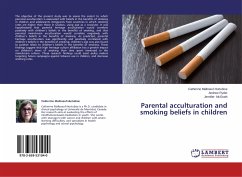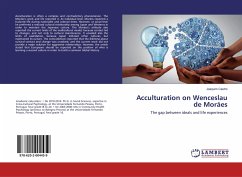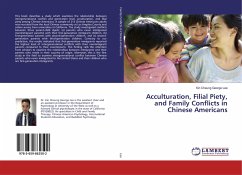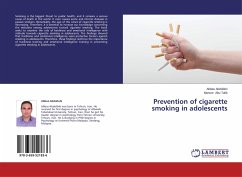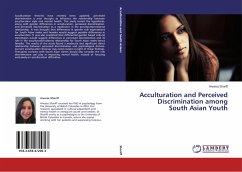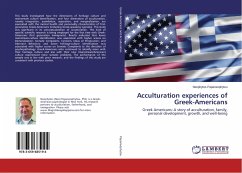The objective of the present study was to assess the extent to which parental acculturation is associated with beliefs in the benefits of smoking in children and adolescents immigrants from countries in which smoking rates are higher than those in Quebec, using age as a covariate. It was hypothesized that parental heritage acculturation would correlate positively with children s beliefs in the benefits of smoking, and that parental mainstream acculturation would correlate negatively with children s beliefs in the benefits of smoking. As predicted, parental heritage acculturation was significantly and positively correlated with children s beliefs in the benefits of smoking; children s age was also found to positive relate to children s beliefs in the benefits of smoking. These findings suggest that high heritage culture affiliation has a greater impact on children s views of smoking than time spent immersed in the mainstream culture. These research findings could assist policy makers targeting future campaigns against tobacco use in children, and decrease smoking rates.
Bitte wählen Sie Ihr Anliegen aus.
Rechnungen
Retourenschein anfordern
Bestellstatus
Storno

